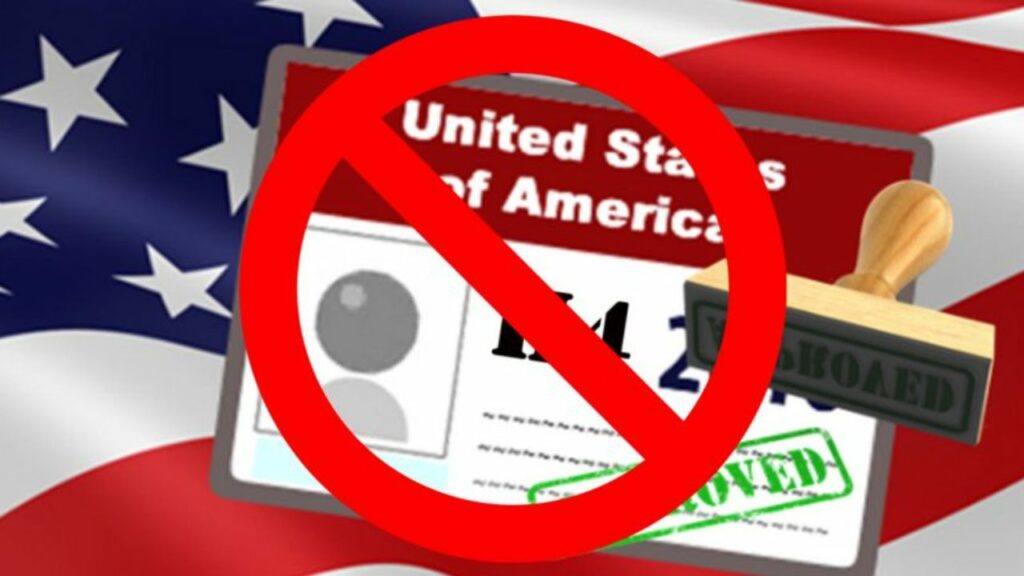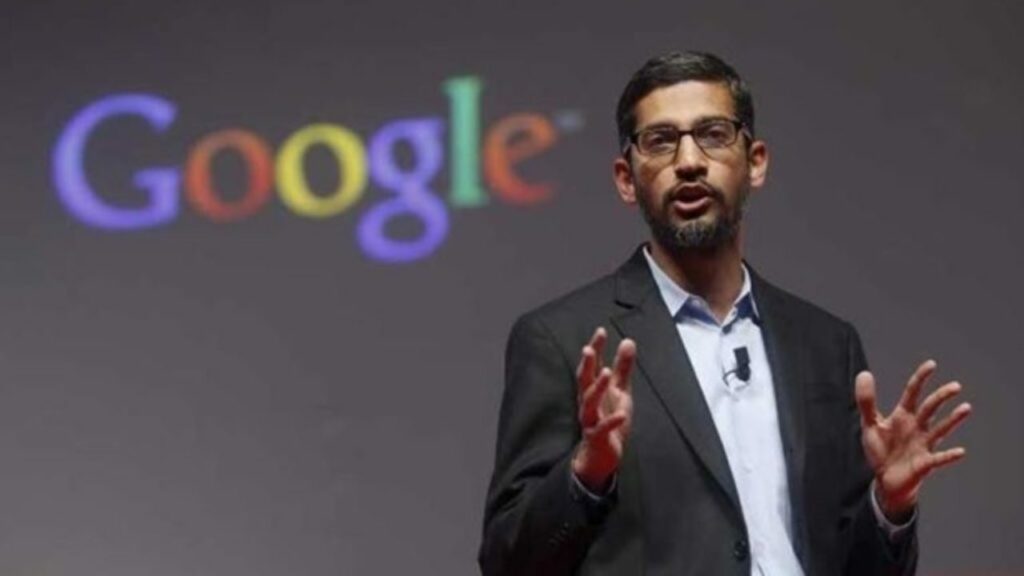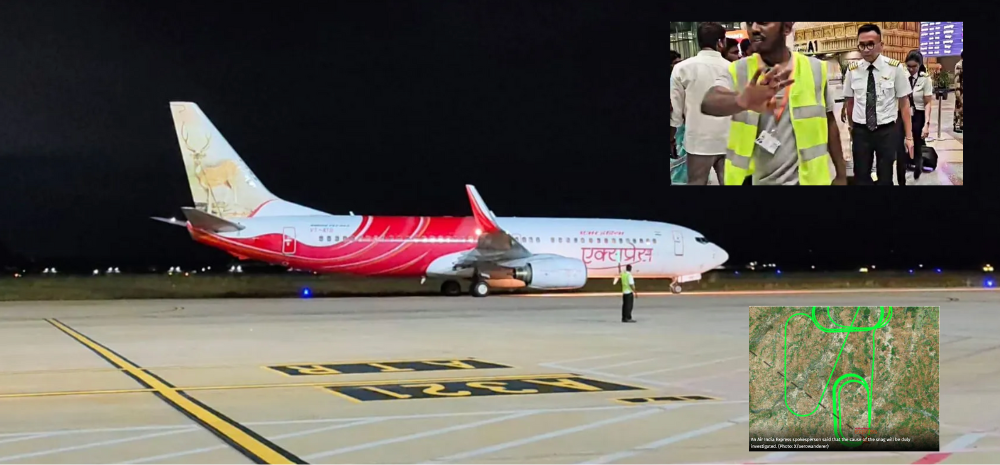Indian IT companies have significantly reduced their reliance on H-1B visas over recent years. Data accessed by ET indicates that the top seven IT services companies in India experienced a 56% decline in their usage of H-1B visas over the past eight years. This trend has reversed for American technology giants such as Amazon and Google, which have seen an increase in H-1B visa usage.

Factors Influencing the Decline
Several factors have contributed to this decline in H-1B visa reliance. During the Trump administration, high denial rates and a tightening immigration regime led Indian IT firms to ramp up local hiring in the US. Additionally, Indian companies have adapted to industry trends by employing more digital services, such as cloud computing and artificial intelligence, which require fewer workers.
Data on Visa Decline
According to the National Foundation for American Policy (NFAP), approved H-1B visa petitions for initial employment in the US from the seven leading Indian IT companies fell from 15,166 in fiscal 2015 to 6,732 in 2023. Tata Consultancy Services, which had the highest approvals in FY15, saw a 75% decline over eight years, while Infosys, Wipro, and HCL America also reported significant decreases.
Strategic Shifts in Hiring
Experts suggest that Indian IT companies have been building up their domestic workforce in the US, reducing the need for H-1B visas. This shift has been part of a broader strategy to localize operations and mitigate reliance on foreign workers. Extensive hiring by Indian IT service providers, such as Infosys, has replicated their Indian talent model in the US, further reducing the necessity for H-1B visa workers.
Cost and Policy Changes
The US government’s recent measures to tighten the work visa regime have also impacted H-1B visa usage. The US Citizenship and Immigration Services (USCIS) increased the H-1B registration fee and the application fee, making the process costlier. Additionally, a new ‘beneficiary-centric’ approach aimed at reducing fraud led to a decline in eligible registrations.
Impact on Indian Tech Workers
Phil Fersht, chief analyst at HFS Research, noted that the cost of living in the US and attractive opportunities within India have made it less appealing for Indian tech workers to move to the US. This shift is reflected in the decreased need to sponsor visas for junior or mid-level staff.
American Big Tech Companies’ Trend
In contrast, American Big Tech companies like Amazon and Google have seen an increase in H-1B visa usage. Amazon, which was tenth in approved H-1B visas for initial employment in FY 2015, became the top user in FY 2023. Google also moved up in rankings, reflecting a different trend compared to Indian IT companies.











